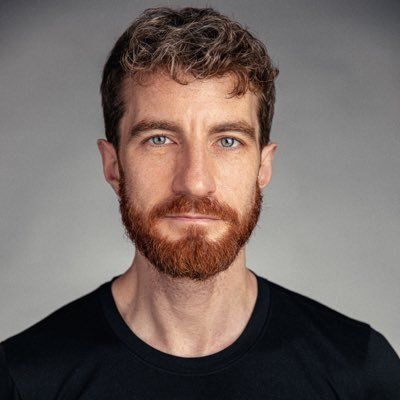
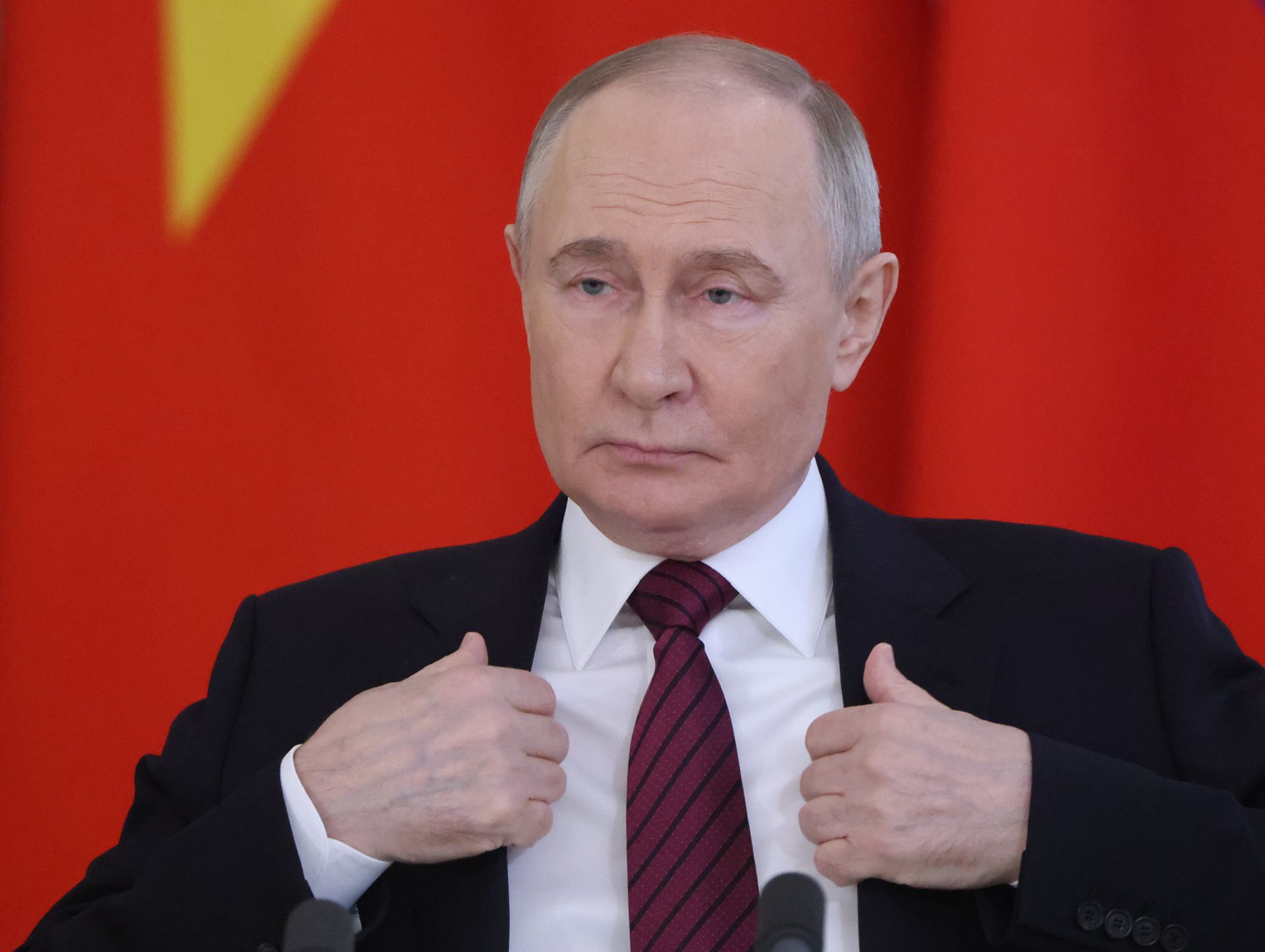
'Not what Putin was expecting' — What we know (and don't know) about Ukraine, Russia peace talks in Istanbul
Russian President Vladimir Putin in Moscow, Russia, on May 10, 2025. (Contributor / Getty Images)
WarRussian President Vladimir Putin may have gotten more than he bargained for when, on May 11, he rejected calls for a 30-day unconditional ceasefire and invited Ukraine to engage in direct talks in Istanbul later this week.
In what may have been a surprise for the Russian leader, Ukrainian President Volodymyr Zelensky responded by accepting the invitation, saying he was ready to meet Putin in Turkey on May 15.
"This is not what Putin was expecting," Oleksandr Merezhko, a Ukrainian lawmaker and chair of the parliament's foreign affairs committee, told the Kyiv Independent.
"This is an incredible move that turns the tables completely — Putin thought that he would send a Russian delegation, and create the illusion of negotiations," he said, adding: "But now, because of this move by Zelensky, he is faced with a dilemma which cannot be solved."
Ahead of the May 15 meeting, a source close to the President’s Office told the Kyiv Independent that Ukraine is "ready for all options" — but there are still several unanswered questions, potential curveballs from the White House, and multiple ways the week could turn out.
The ceasefire
With all the talk of possible meetings, it's easy to forget that it all resulted from one thing — Russia's refusal to agree to a 30-day unconditional ceasefire.
Initially proposed by the U.S. back in March, Ukraine signed up for a full, 30-day ceasefire on March 11. Russia has consistently refused to agree to the truce, instead unilaterally announcing short-term ceasefires that Ukraine says have all been violated by Moscow itself.
The idea was given fresh impetus over the weekend after talks between Ukraine, France, the U.K., Germany, and Poland, after which they said that no negotiations can begin without a full and unconditional ceasefire.
Putin made no mention of any ceasefire during his televised address on May 11 when he floated the idea of talks, but Kyiv's European allies have kept up the pressure, insisting Moscow agree by midnight on May 13.
"The clock is ticking — we still have 12 hours until the end of this day," German government spokesperson Stefan Kornelius said, adding that Berlin is coordinating with European partners on additional sanctions.
According to Ukrainian Foreign Minister Andrii Sybiha, Russian forces have so far not honored the proposed ceasefire from May 12 and continued attacking Ukrainian positions across the front throughout the day.
The sanctions
With no indication at present that the Kremlin is going to agree to a ceasefire, the European nations demanding it will have to follow through with their threat of imposing additional sanctions on Russia.
Speaking on condition of anonymity, an EU official told the Kyiv Independent that the bloc will unveil its next package of sanctions against Russia on May 14.
"If he doesn't come, it will be obvious even to Trump, that Putin is not a person with whom he can negotiate, that he is incapable of negotiations."
Details of what will be the 17th package imposed on Moscow since the start of the full-scale invasion remain unclear, though earlier reporting suggested it could include measures aimed at Russia’s military-industrial complex, Moscow’s shadow shipping fleet, and related support networks.
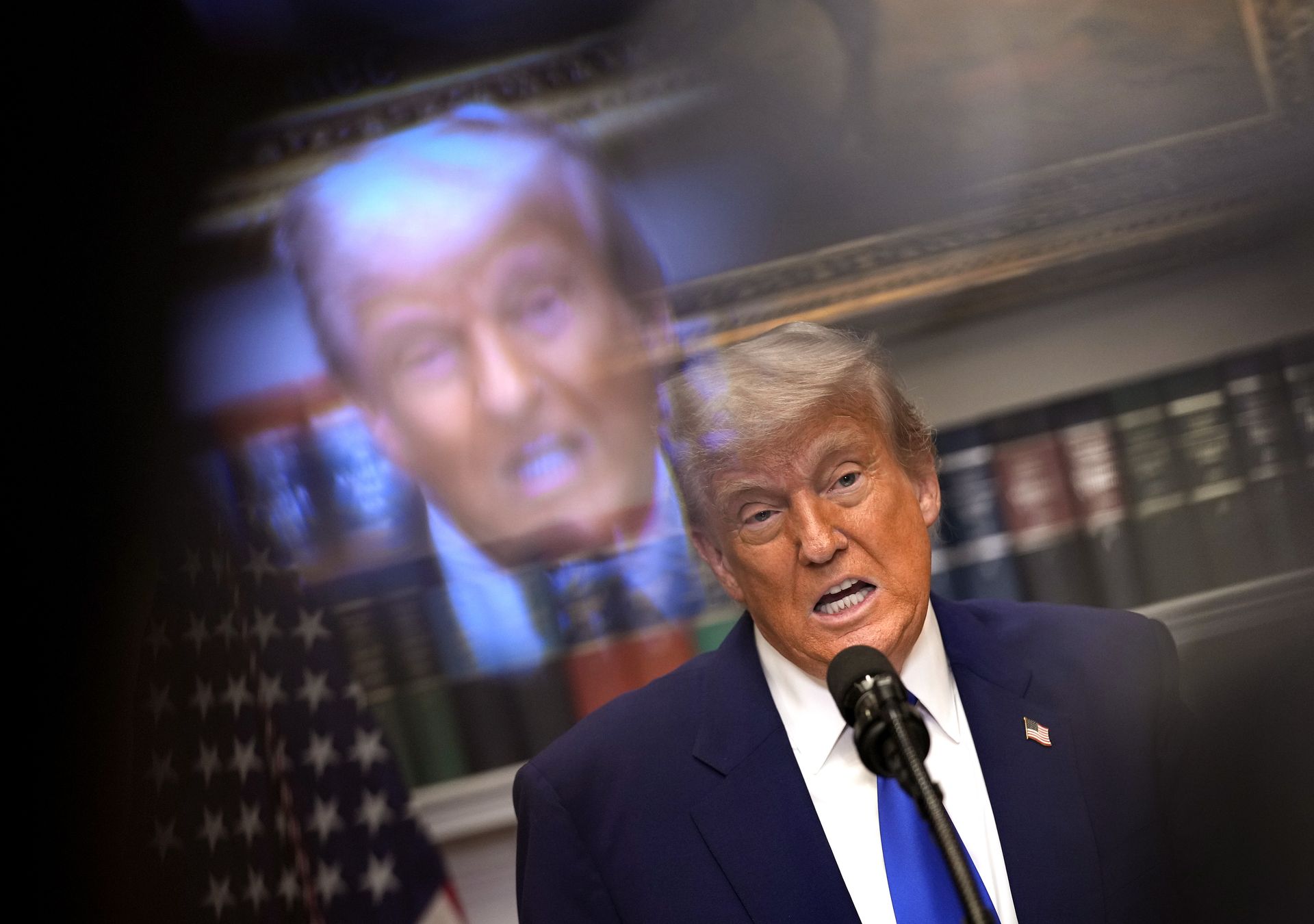
The meeting
While Zelensky has clearly stated his intention to travel to Istanbul — seemingly walking back on the demand for a full ceasefire to be implemented before negotiations can begin — Putin has not, and now faces what Merezhko referred to as a "dilemma."
"If he doesn't come, it will be obvious even to (U.S. President Donald) Trump, that Putin is not a person with whom he can negotiate, that he is incapable of negotiations," Merezhko said.
But if he does travel to Istanbul, "then again, he loses," Merezhko said.
Putin does not see himself as Zelensky's equal, and has repeatedly mocked him and called him "illegitimate," so to appear on the same level on the global stage would, in Russian eyes, make him look "really weak," Merezhko.
"He has no solution," he added.
Whether or not Putin attends in person, there is deep skepticism in Kyiv regarding the prospects of a meeting bearing anything significant.
"Putin does not want any peace talks, because his goal is to seize Ukraine," Yaroslav Yurchyshyn, a lawmaker from the Holos party and chairman of the parliamentary committee on freedom of speech, said.
"Therefore, he is looking for any opportunity to stall for time, gushing with proposals for meetings and demands, hoping that Ukraine will refuse and this will show us in an unfavorable light," he added.
Yurchyshyn said Zelensky has "seized the initiative" when saying he would attend the meeting, but expects "Putin will find another excuse not to come."
The possible excuse
One possible excuse on the cards is a decree approved by Zelensky in the fall of 2022, that "stated the impossibility of holding negotiations with Russian President Putin," as a response to Russia's illegal annexation of Donetsk, Luhansk, Zaporizhzhia, and Kherson oblasts, parts of which it didn’t even control.
Moscow has previously cited Zelensky’s decree as a ban on talks with Putin and used it as an excuse for avoiding direct talks with Kyiv.
But according to a source in the President's Office, the decree was a "a signal to those in Ukraine who wanted to speak (to Russians) bypassing the central government."
They added that it had been "twisted" by the Kremlin and it was in fact solely up to Zelensky to determine if he could speak directly with Putin.
Regardless, Ukrainian lawmakers who spoke to the Kyiv Independent all believe the Kremlin will find some way to get out of it.
"Therefore, this will be another illustration that Ukraine is looking for a solution, and Russia is not. Whether Trump will recognize this is an open question," Yurchyshyn said.
The Trump factor
Trump has been vocal and enthusiastic about the meeting in Istanbul, despite it still falling far short of the full 30-day ceasefire that Trump himself has been calling for.
And in a significant development on May 12, he said he believed "both leaders are going to be there," in reference to Zelensky and Putin, putting huge pressure on the Russian president.
"I think we may see a good result from Thursday's meeting in Turkey between Russia and Ukraine," Trump said during a press conference, adding: "I even thought about flying over — I'm not sure where I'll be on Thursday, I have so many meetings."
Despite placing enormous amounts of pressure on Ukraine to end the full-scale invasion, Trump has so far made no concrete moves to do the same with the side ultimately responsible for starting — and ending — the war.
The U.S. president's stance has hardened in recent weeks, and in Kyiv, there is hope that Russia can only stall and distract for so long until Washington acknowledges the game the Kremlin is playing.
"It is important that Trump finally begins to understand that Putin has been pulling the wool over his eyes, deceiving him, and using him for the Kremlin’s advantage," Volodymyr Ariev, a Ukrainian lawmaker from the opposition European Solidarity Party, told the Kyiv Independent.
Ukraine's objective
Aside from hoping the U.S. will see the light and start treating Russia as the only ones who can stop their own full-scale invasion, Ukraine is still hoping for some solid progress in the peace talks process.
"Our key objective in Istanbul must be to secure a real ceasefire — starting with a 30-day halt in hostilities. That’s our short-term goal," Halyna Yanchenko, a lawmaker from the Servant of the People party, told the Kyiv Independent.
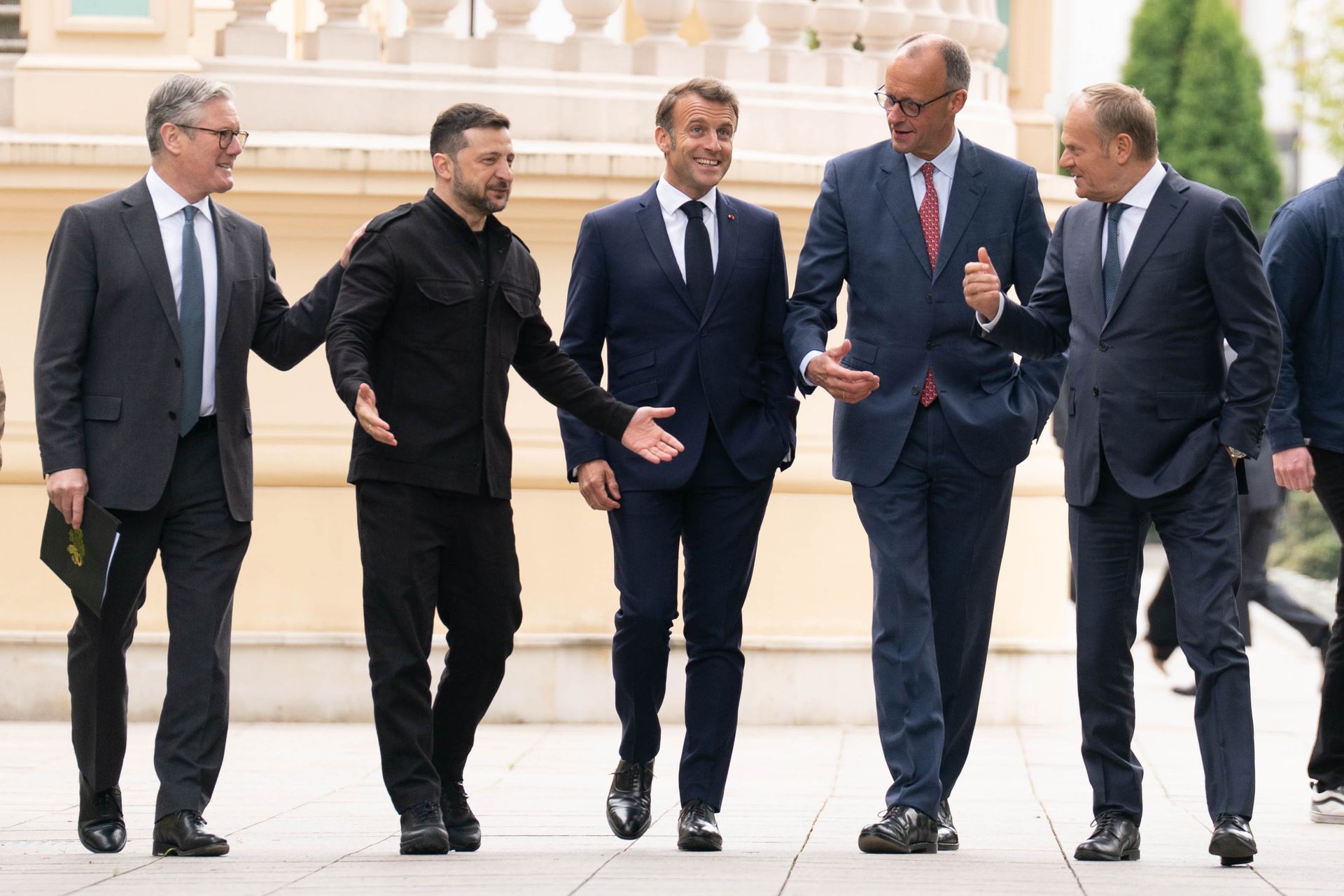
"I believe it’s achievable, but only with the support of our international partners and strong external pressure on Russia, including through sanctions."
Yelyzaveta Yasko, also from the Servant of the People party, told the Kyiv Independent that developments over the last few days and the European unity with Ukraine on display had been "optimistic," but cautioned that it didn't mean there would be a "positive outcome" for the peace process "anytime soon."
Failing any concrete progress, Ukraine must make sure it is in a position to defend against further offensives from Russia, Ariev said.
"If China does not begin direct support to Russia in 2026, Russia will not be able to continue a total war," he said.
"The Ukrainian goal is to keep a very strong relationship and coordination with the European Union and the American administration, convince our partners to level sanctions against the Russian Federation, and to maintain support and supply the Ukrainian army with weapons and everything that it needs."
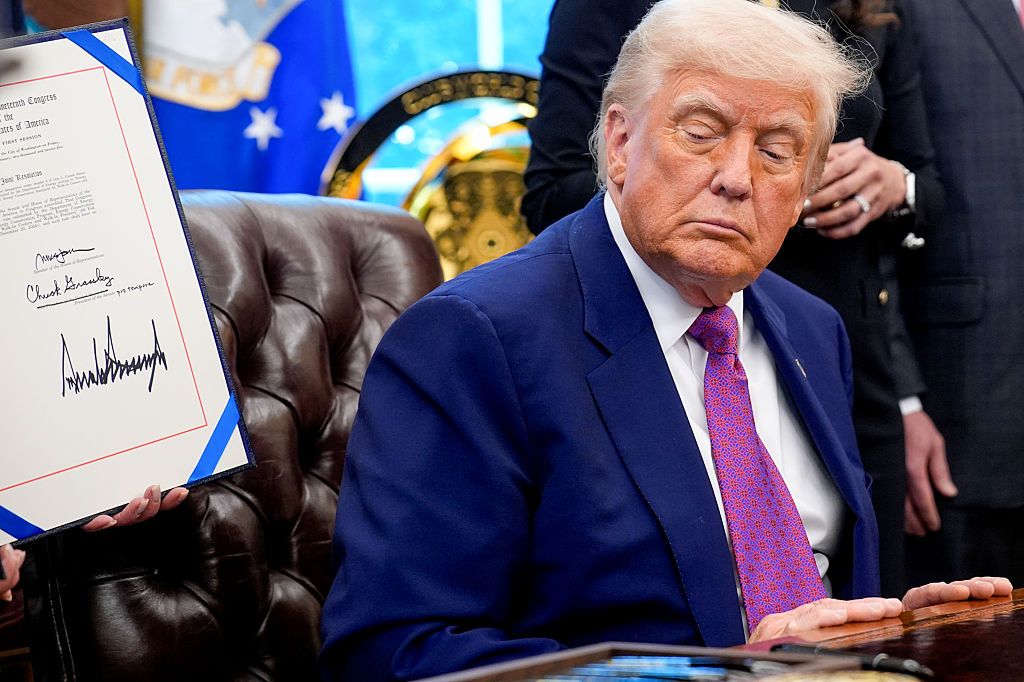
Most Popular


Journalist Roshchyna's body missing organs after Russian captivity, investigation says

Ukrainian sea drone downs Russian fighter jet in 'world-first' strike, intelligence says
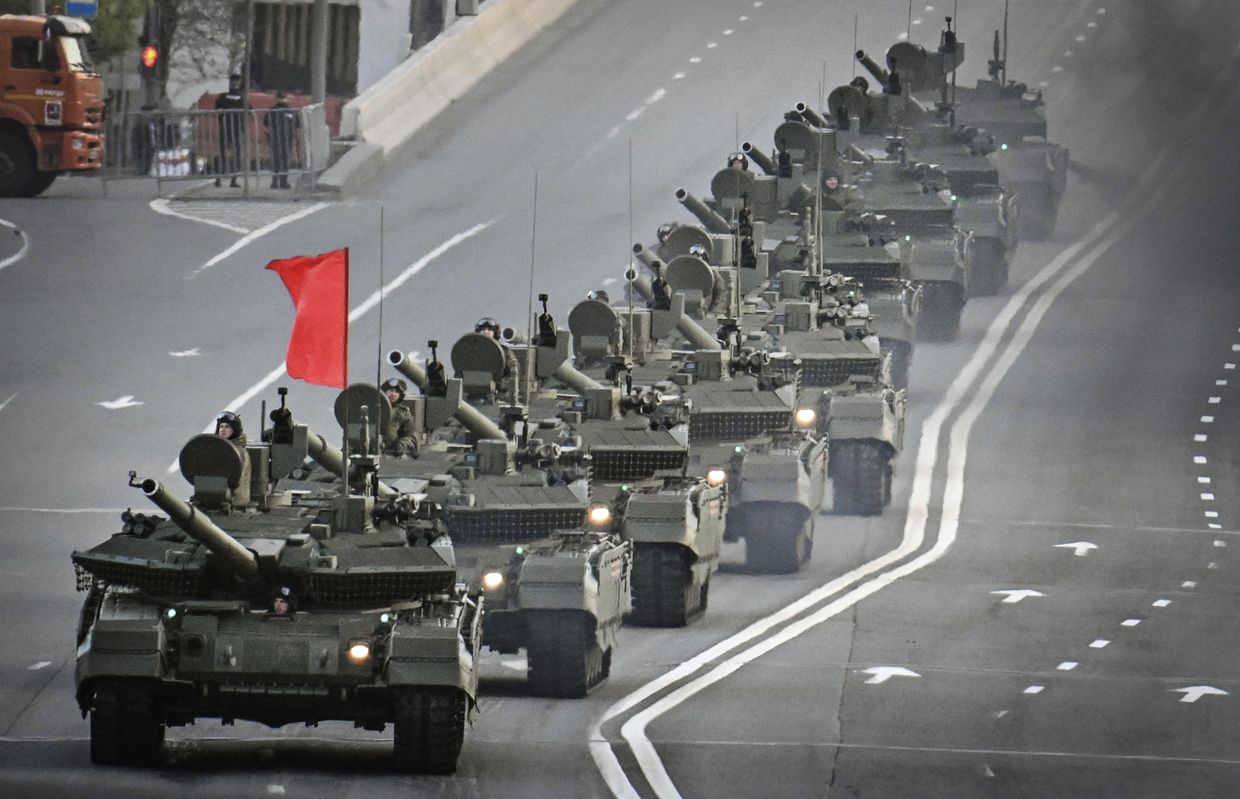
Ukraine is sending the war back to Russia — just in time for Victory Day
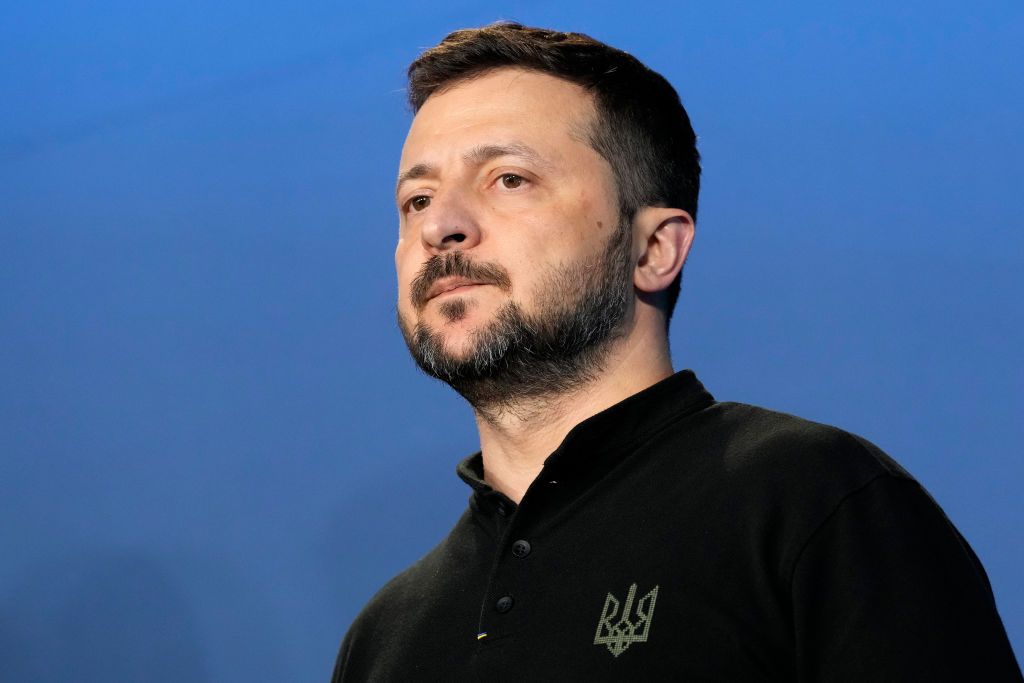
'Justice inevitably comes' — Zelensky on deaths of high-ranking Russian officials
Editors' Picks

How medics of Ukraine’s 3rd Assault Brigade deal with horrors of drone warfare

As Russia trains abducted children for war, Ukraine fights uphill battle to bring them home

'I just hate the Russians' — Kyiv district recovers from drone strike as ceasefire remains elusive



